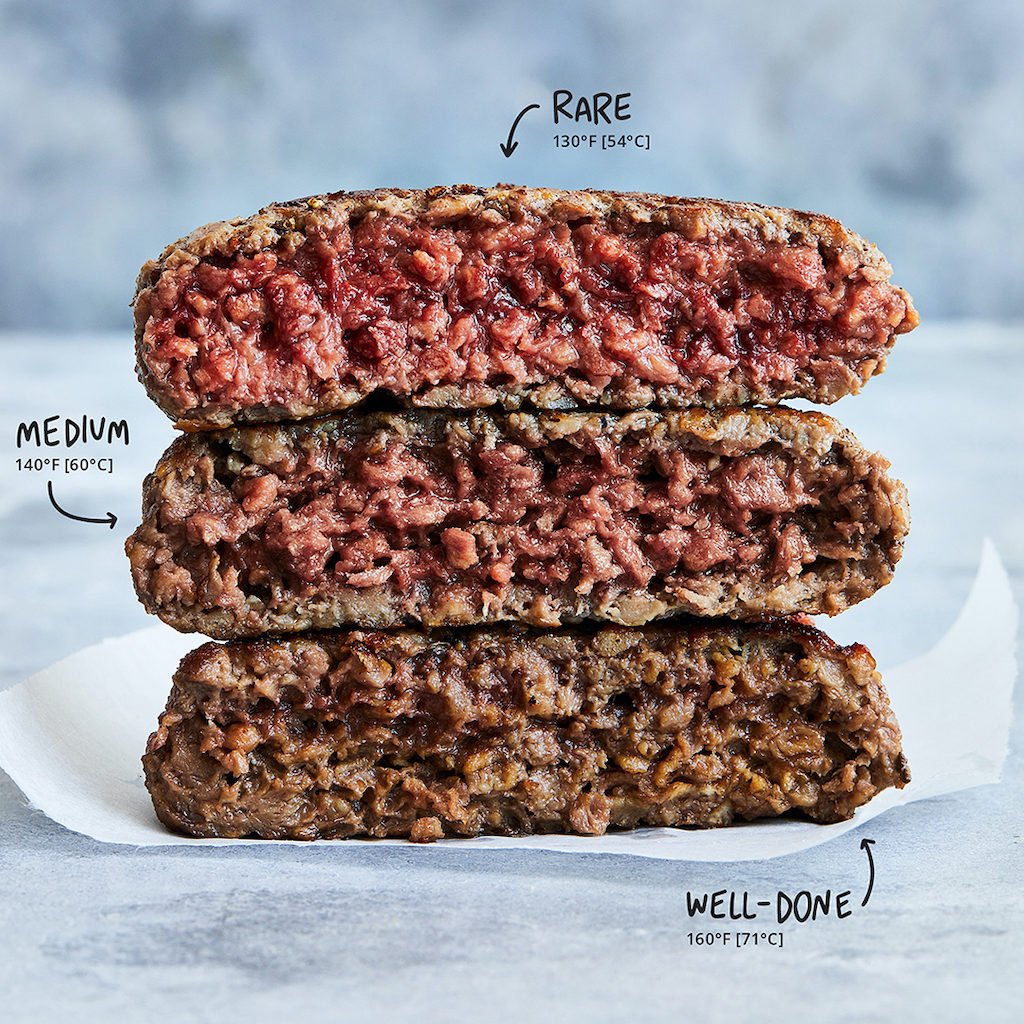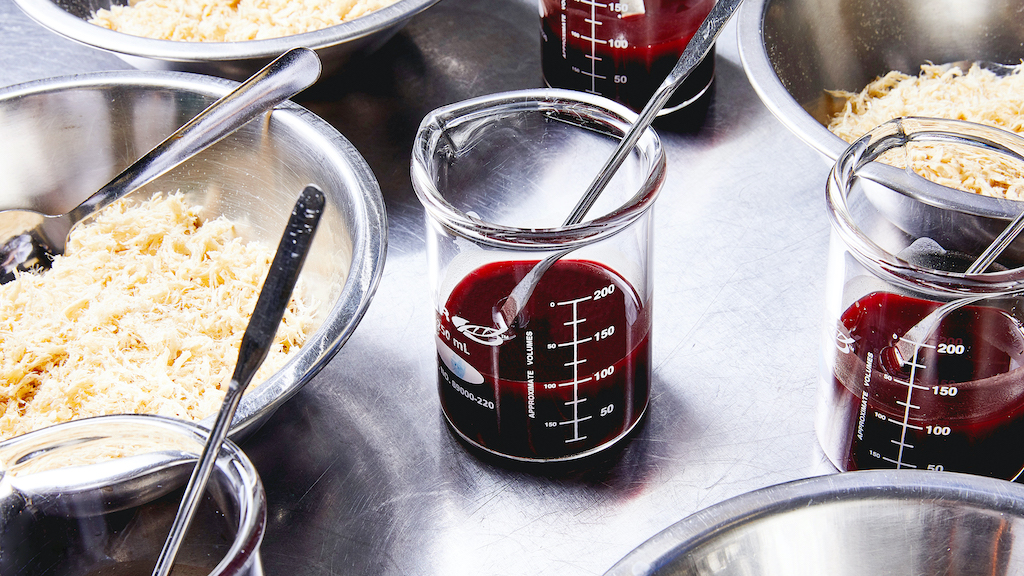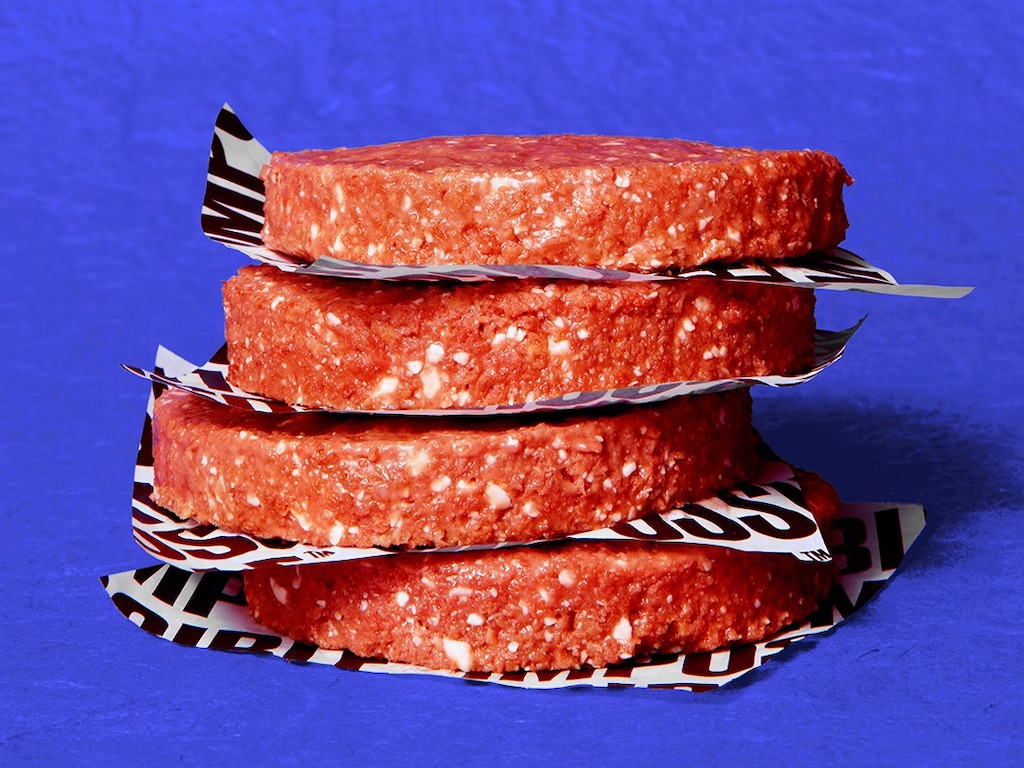Impossible Foods Wins Legal Battle Over Heme Ingredient Powering ‘Bleeding’ Plant-Based Burger
4 Mins Read
Impossible Foods has won a court ruling over the use of heme in its plant-based burgers, the key additive that makes its alternative “bleed” and taste meaty. Objections made by a food safety group about the use of the GMO ingredient was struck down, after the court decided that the U.S. Food and Drug Administration’s (FDA) decision in approving its safety was supported by “substantial evidence”.
The federal appeals court in San Francisco has upheld the decision by the FDA to approve the use of soy leghemoglobin – or heme – as a colouring additive in Impossible Foods’ plant-based burger patties. The Silicon Valley food tech uses the red GMO ingredient in its meat analogues, which gives the Impossible Burger its famous “bleed” and meat-like textural properties.
In the ruling, the court rejected the request made by the Center for Food Safety (CFS) to overturn the FDA’s decision in 2019, saying that the agency had approved the ingredient after proper regulatory review and studies that provided “substantial evidence” of its safety. The 2019 decision made it possible for the food tech to expand its plant-based burger sales from foodservice to retail.

The court also highlighted a study commissioned by Impossible Foods, which involved a stringent rat feeding experiment that found no adverse effects even at consumption levels extraordinarily higher than a human would ever consume. At the time, the study conjured considerable debate over whether the plant-based meat analogue was truly cruelty-free, given the use of animal testing to solidify that the GMO heme was safe for human consumption.
We applaud the court’s decision to recognise and uphold the abundant evidence supporting the safety of our products and to slap down the meritless petition of the Center for Food Safety.
Rachel Konrad, CCO, Impossible Foods
It’s not the first lawsuit that Impossible Foods has fought and won, with the food tech emerging triumphant in a claim against Nestlé over the infringement of its trademark name, leading to consumer confusion. As a result, Nestlé had to rename its Garden Gourmet branded “Incredible Burger”.
Commenting on the latest legal win, Rachel Konrad, chief communications officer at Impossible Foods, said: “Safety is Impossible Foods’ number one priority. Our products are among the most rigorously safety-tested and safety-verified in the history of the U.S. FDA, [and] food-safety agencies in other countries have further validated our products’ impeccable safety record.”

“We applaud the court’s decision to recognise and uphold the abundant evidence supporting the safety of our products and to slap down the meritless petition of the Center for Food Safety, an anti-science, anti-GMO activist group that’s been spreading lies for years,” Konrad added.
While the use of soy leghemoglobin has been lauded for making Impossible Foods’ products stand out amongst other plant-based meat brands on the market, many of its competitors, including Beyond Meat, have often used the lack of GMO-based ingredients in their formulations as a selling point in their marketing – especially as consumers become increasingly wary over “unclean” product labels.
Impossible Foods’ use of heme has also meant longer time-to-market when it comes to the brand’s international expansion, including in major markets like China and the E.U., though its sales growth suggests that it may not pose much in the way of slowing down the food tech’s rapid rise globally.
According to their latest annual report, Covid-19 has propelled the largest operational expansion yet in the company’s history, with its grocery footprint growing 100-fold and economies of scale enabling the startup to slash both its retail and wholesale prices by double-digits.

Safety is Impossible Foods’ number one priority. Our products are among the most rigorously safety-tested and safety-verified in the history of the U.S. FDA.
Rachel Konrad, CCO, Impossible Foods
Impossible Foods has even recently launched its first nationwide mass advertising campaign, featuring its iconic heme-filled patties and claiming that its burgers crafted from plants are “made for meat-lovers” – making clear that their target market isn’t exactly health-conscious vegan folk who care about nutrition labels, but mainstream consumers who prize taste above all else, given Impossible’s ultimate mission to displace animal from the protein supply chain entirely.
Made from soy protein, coconut oil, sunflower oil and potato protein, Impossible Burgers require 96% less land, 87% less water and emit 89% fewer greenhouse gas emissions compared to its cow-based counterpart.
CFS, however, remains unconvinced about the safety of the use of GMO heme. Sylvia Wu, a senior attorney with the group, said in a statement: “We are disappointed by the court’s ruling today, which will allow Impossible Burger and other meatless burgers to be made with a novel genetically engineered chemical without conducting any long-term health studies.”
“FDA is supposed to protect consumers from unsafe novel chemicals in our food supply, instead now consumers bear the burden of avoiding these GMO plant-based burgers.”
All images courtesy of Impossible Foods.




